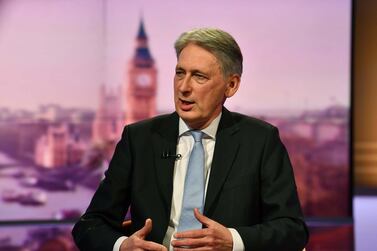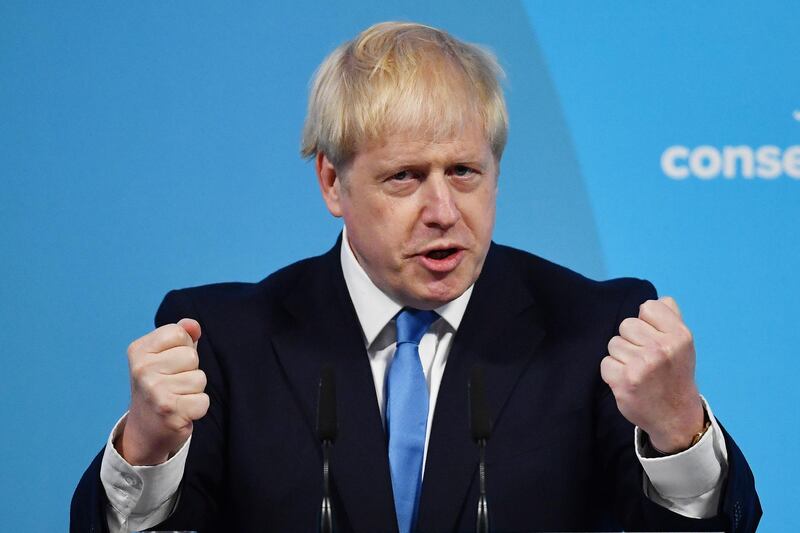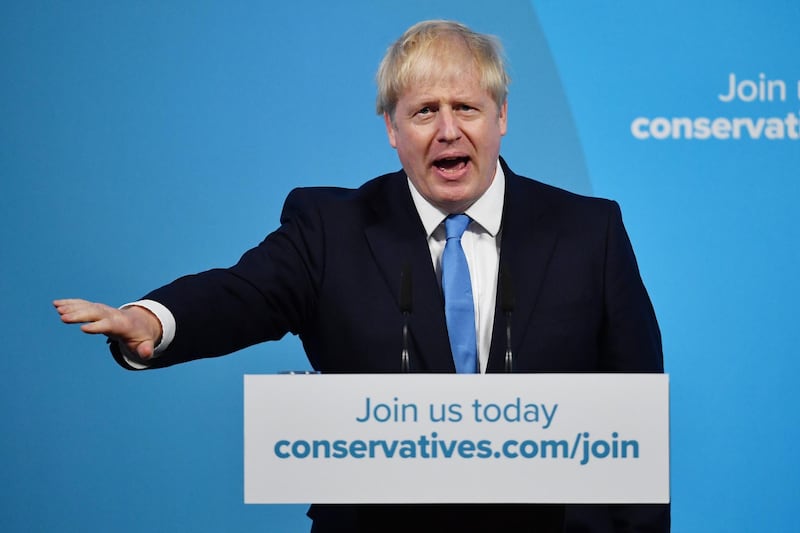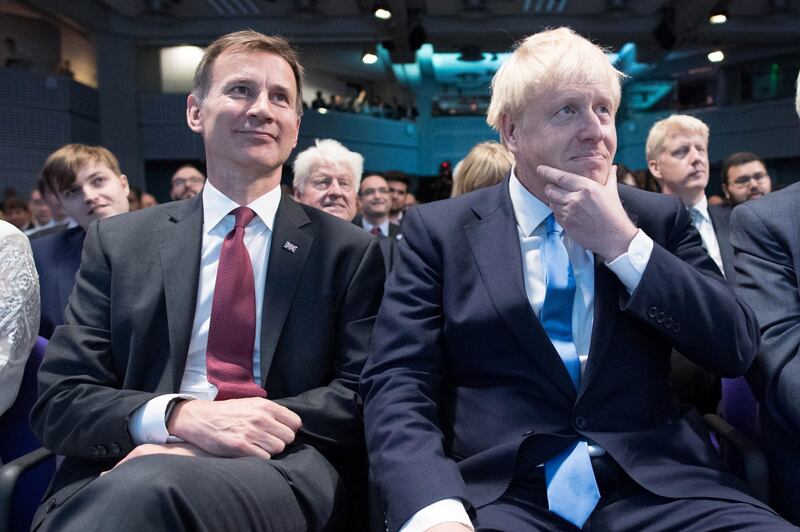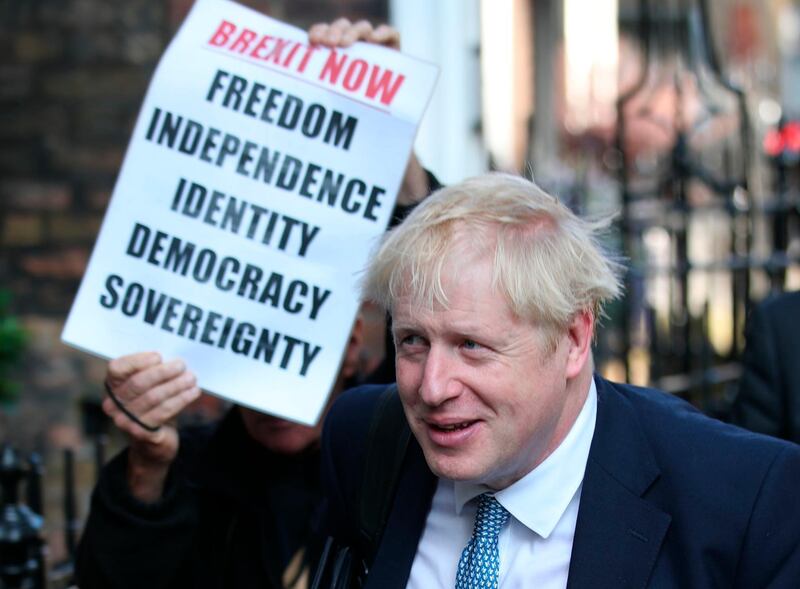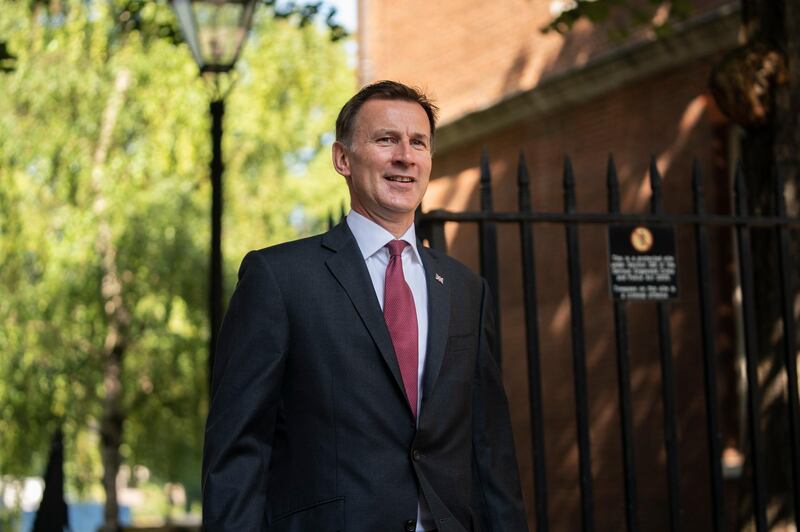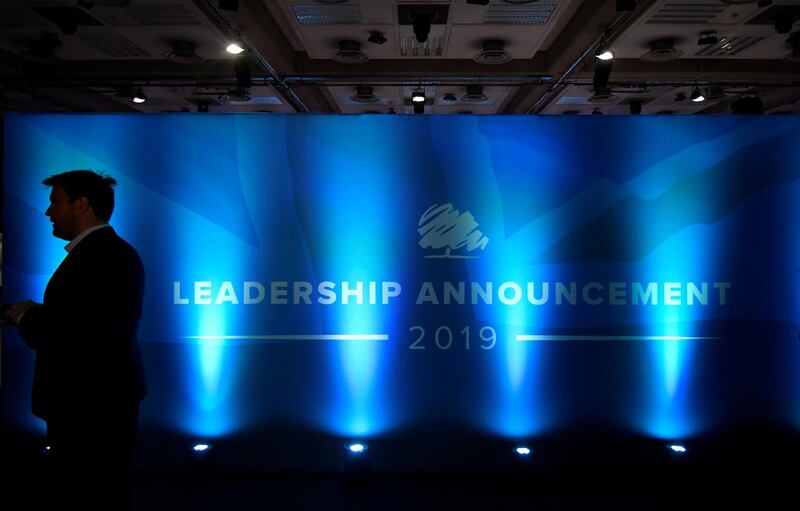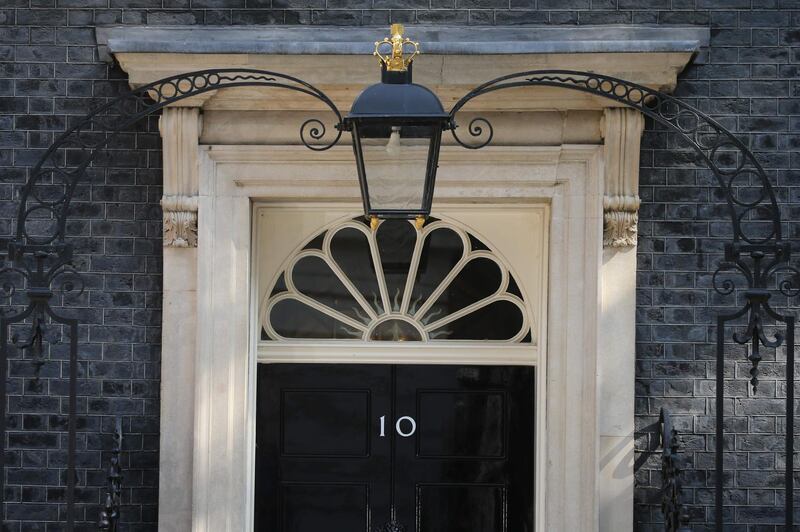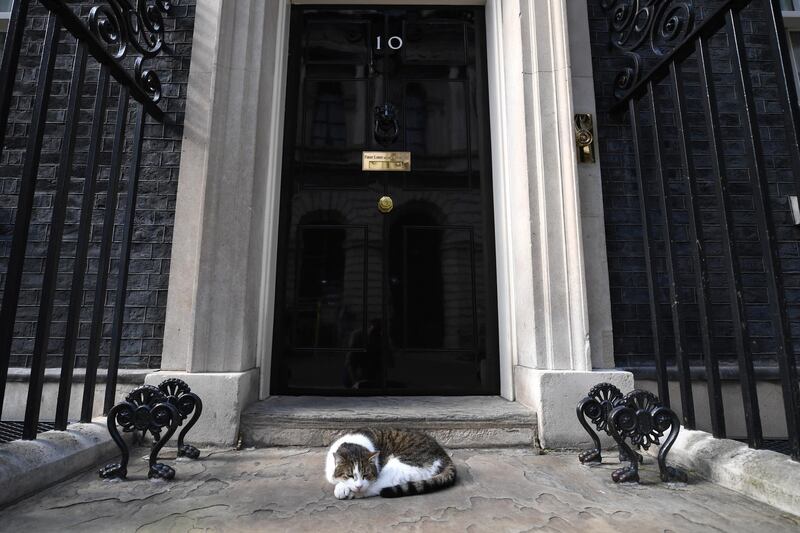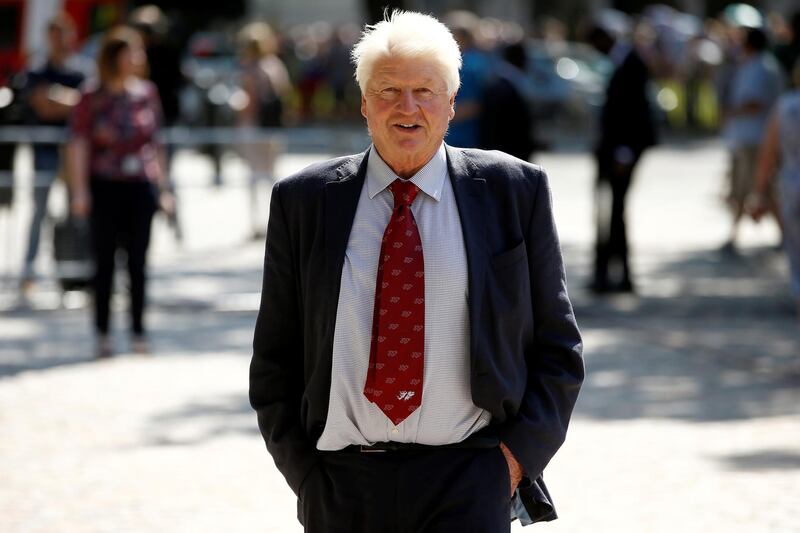Boris Johnson once quipped that he was the only Western politician to face justice for crimes in Iraq but that was long before a short, ill-starred stint as the British foreign secretary.
After writing in 2003 about how he filched a cigar box from the ruins of the home of Saddam Hussein loyalist Tariq Aziz, British police forced Mr Johnson to return the leather-bound object under UN sanctions provisions.
Mr Johnson was no novice in the region when he was appointed as foreign secretary in 2016, but his record in office was not an unalloyed success.
As a leadership candidate, the frontrunner’s campaign team have emphasised his time as Mayor of London: the chairman of the board who would delegate tasks to specialists. Little is made of his time as the UK's chief diplomat.
"When I look back, it's the blunders that come through," Hugh Lovatt, a policy fellow at the European Council on Foreign Relations, told The National.
Gaffes that dogged his tenure included a suggestion that the central Libyan city of Sirte could become the next Dubai if locals would “clear the dead bodies”.
“There is always a 'Boris factor', where a lot of people sort of roll their eyes and say, 'Oh, that's just Boris'. That is definitely the perception in Europe but also the perception in some Arab capitals,” the Middle East expert said.
“Arab governments have proved themselves able to filter out some of the more egregious comments that might come from Boris but also some other people. They just brush off what Trump says which is equally if not more egregious,” he added, referring to the US president’s calls for a ban on the entry of Muslim foreign nationals to America.
While Mr Johnson’s charisma allowed some in the region to compartmentalise his comments, other instances of his failure to master his brief and his propensity to misspeak has had direct consequences.
At the end of 2017, Mr Johnson was widely criticised for remarks he made while condemning Iran’s detention of the Iranian, British dual-national Nazanin Zaghari-Ratcliffe. Speaking to a UK parliamentary committee on the issue, Mr Johnson said the Thompson Reuters employee had been “simply teaching people journalism”.
Ms Zaghari-Ratcliffe's family has always maintained that she was on holiday in Iran visiting family, and the trip to the country had nothing to do with her work at the company, where she was employed as a project manager.
Days later, the former foreign secretary’s comments were cited in an unscheduled court hearing over the British national’s five-year jail term as evidence she was involved in “propaganda against the regime”.
“This is an instance where he didn't fully master things, he wasn't on top of his brief, he wasn't sufficiently precise with the words that he chose,” Mr Lovatt said. “But those are the kind of situations where that lack of preparation, or a seeming lack of preparation or carefulness can get you in trouble,” he added.
Mr Johnson's reputation in government has led to a situation where it is implied British intelligence officers may have withheld information from him as foreign secretary. Mr Johnson was not entirely cut out of intelligence briefings but chiefs may not have been entirely open with him during one-to-one meetings. "That would be down to the instincts of the individuals involved," a source told British newspaper The Guardian.
Chris Doyle, director of The Council for Arab-British Understanding told The National that Mr Johnson's first test as Prime Minister when it came to the Middle East would inevitably be on the issue of Iran, as the UK deals with the seizure of a British-flagged tanker in the Strait of Hormuz. However, Mr Johnson's approach to Iran will be as much dictated by what goes on in the corridors of power in Brussels and the US, as at sea or in Tehran.
“Any incoming prime minister will first filter their Middle East approach through Washington and secondly with the European Union, and that is going to be the same with Boris,” Mr Doyle said.
The constraints placed on the new Prime Minister as he pursues his Brexit agenda means Mr Johnson will look for continuity in the Middle East, even if in the past he has been known for having his own unique approach.
“Britain has fairly warm relations with all the states excluding Iran and he won't be wanting to put that at risk given his other priorities,” Mr Doyle explained. “I just don't think you can emphasise enough where his priorities are going to lie and it won't be in pursuing some grand new Middle Eastern strategy,” he added.
Edward Elliot of the British Foreign Policy Group told The National that the former foreign secretary's style could prove to be more of an asset in Downing Street, with many diplomats fond of his frankness and easy manner in public.
“A lot of people really like Boris, find him very personal, find him very funny,” Mr Elliot said. “If people like the jokes and the personal attention that he will quite often give, then it will create a better platform.”
